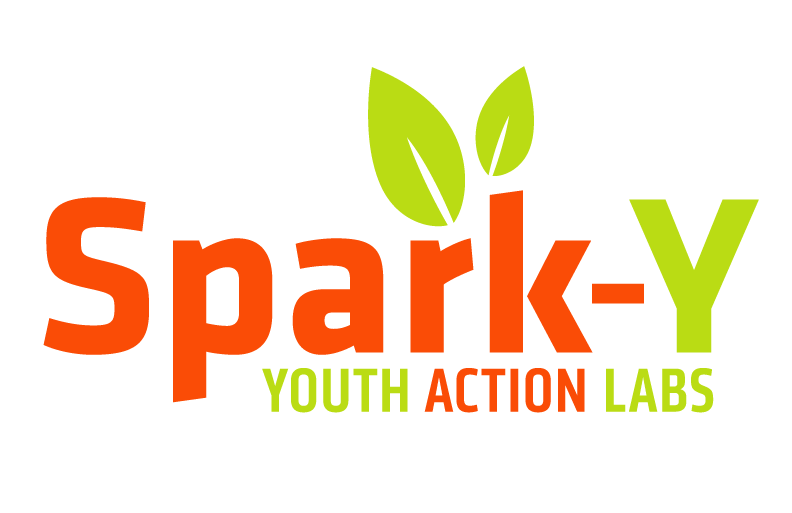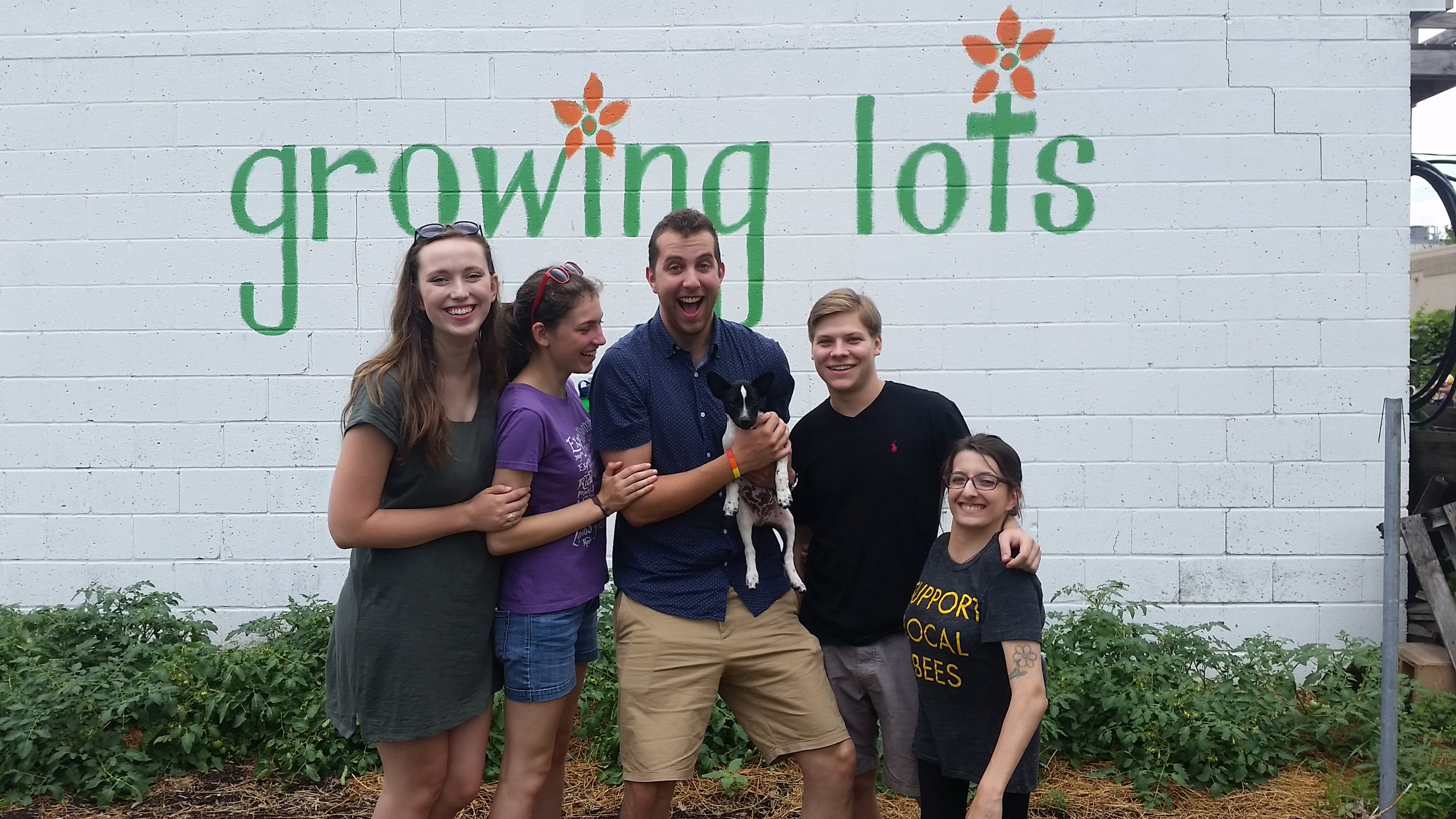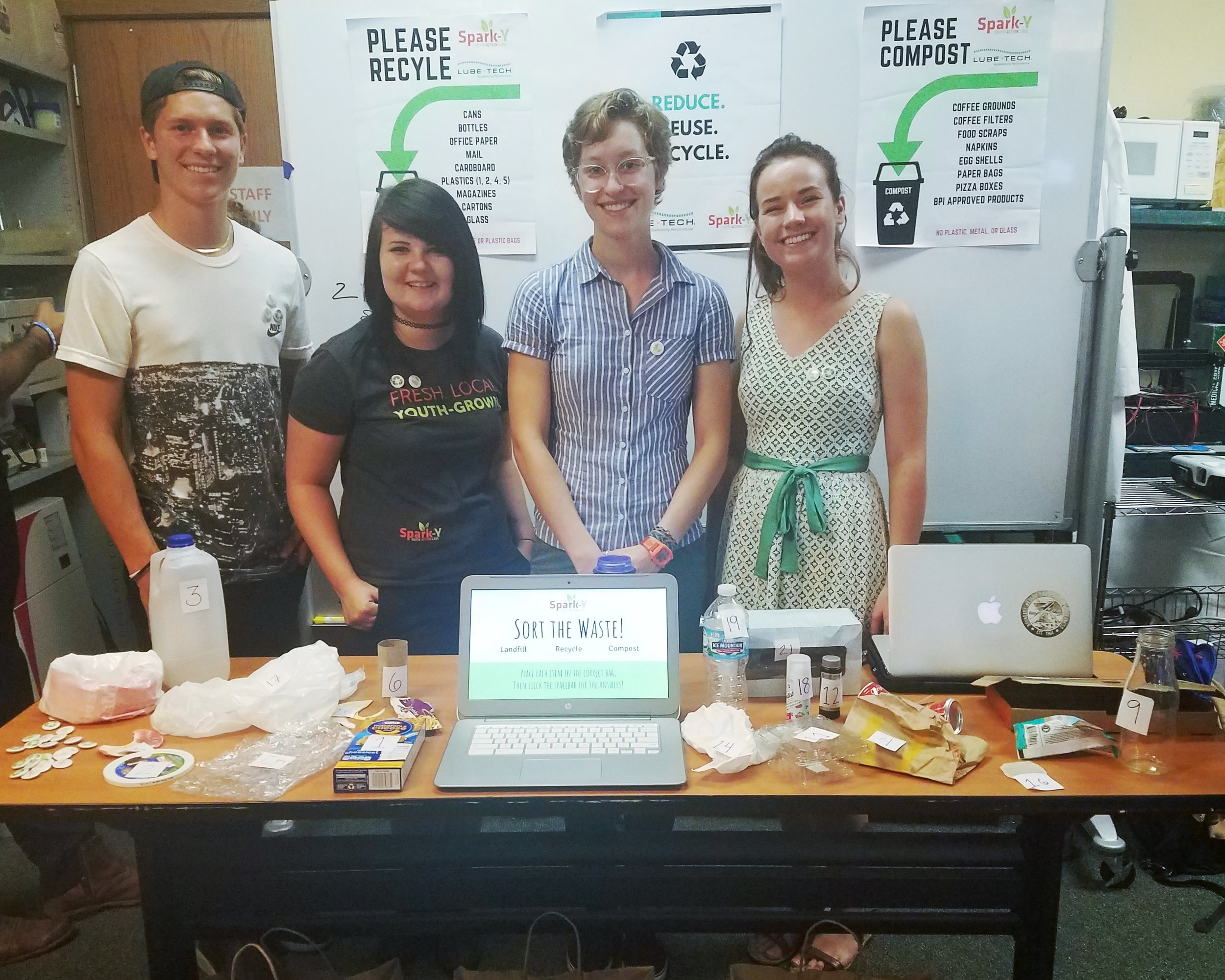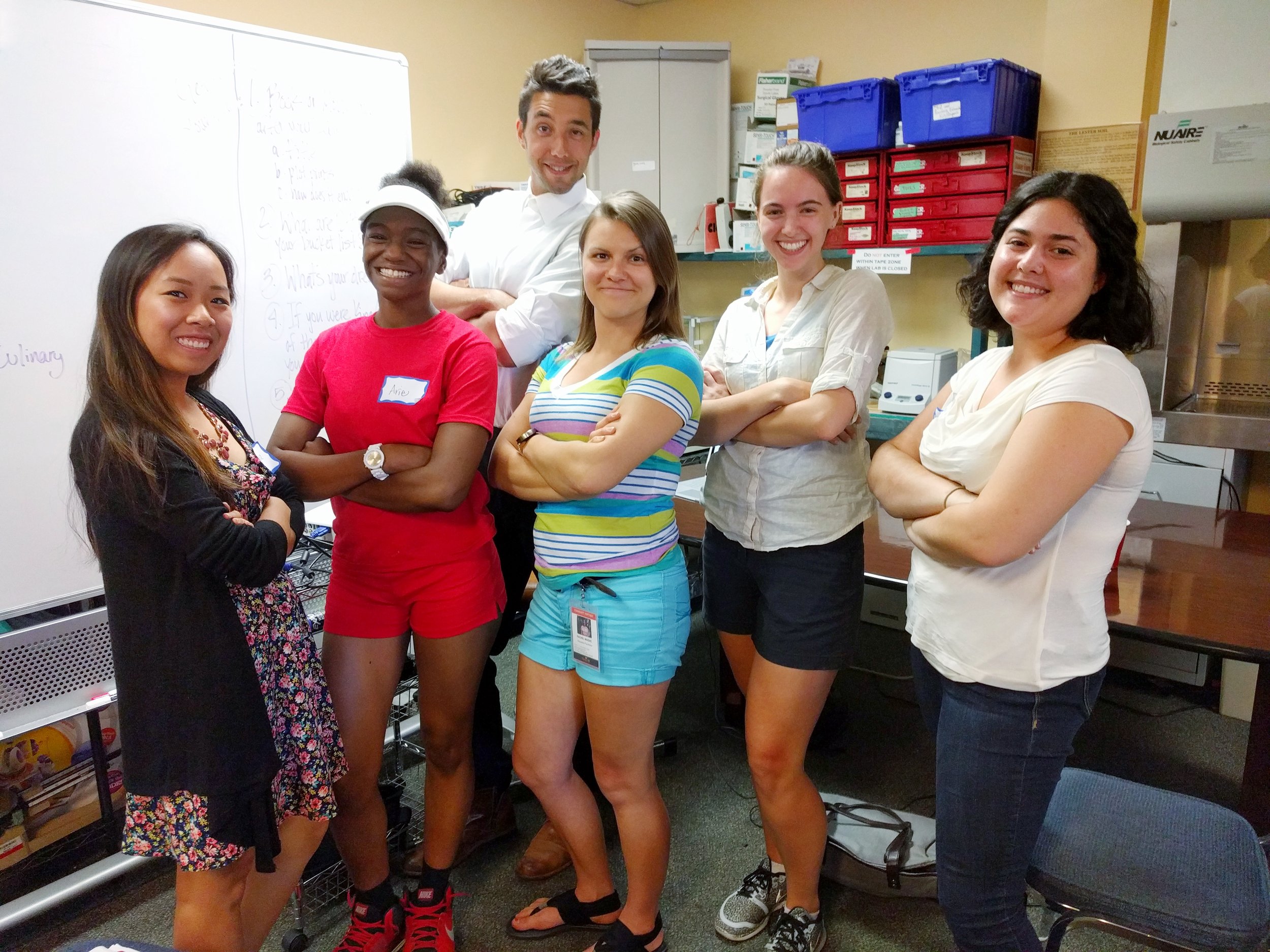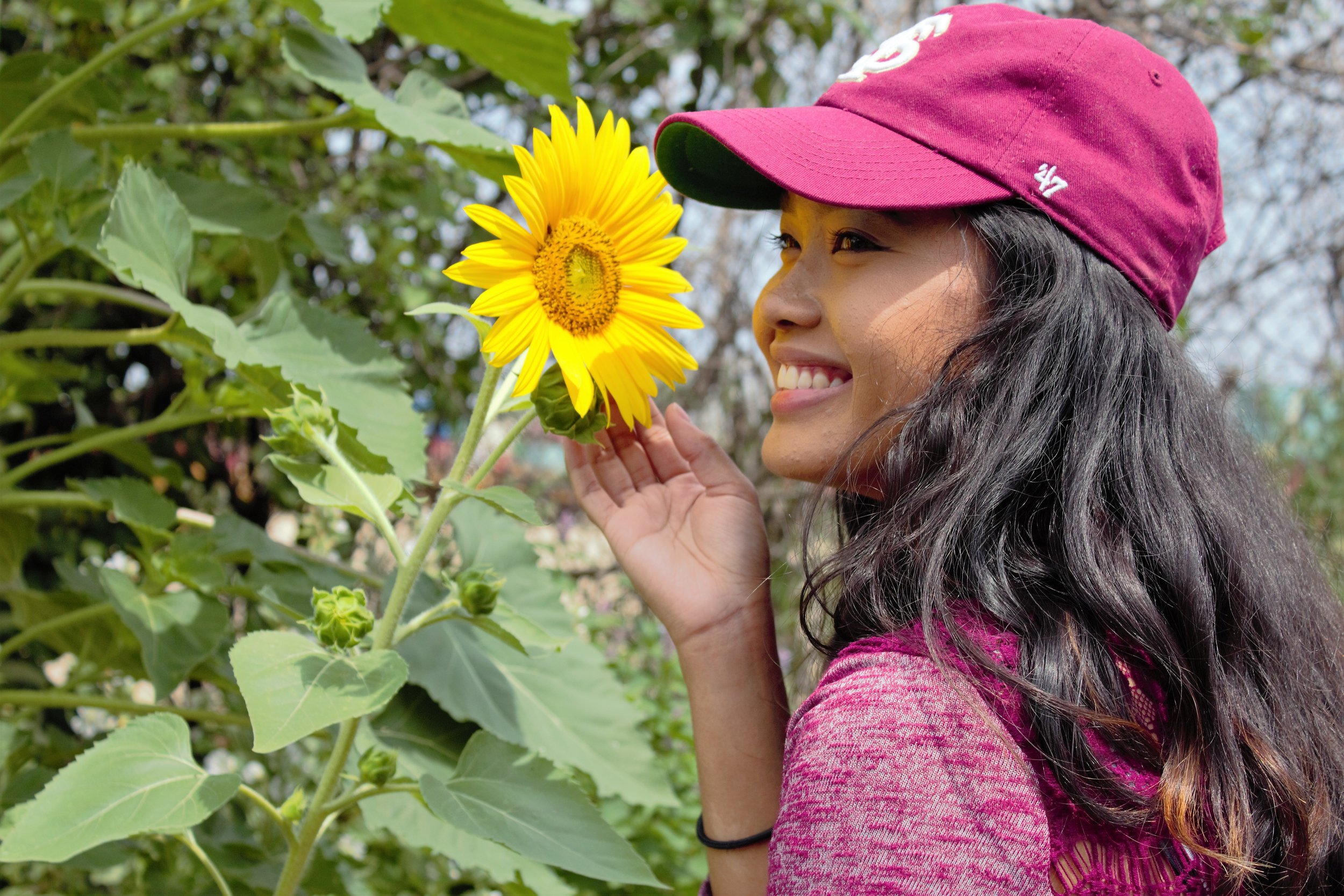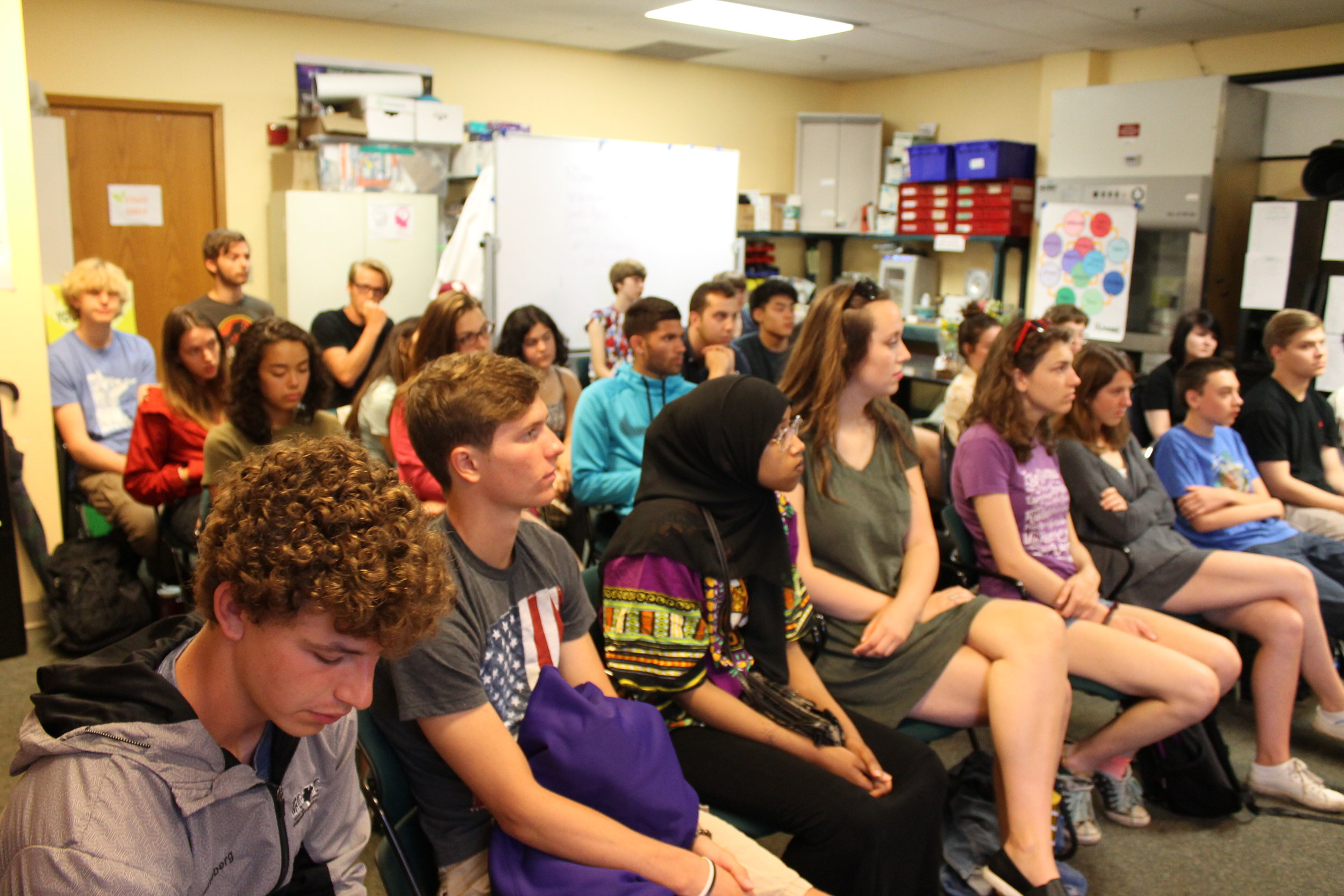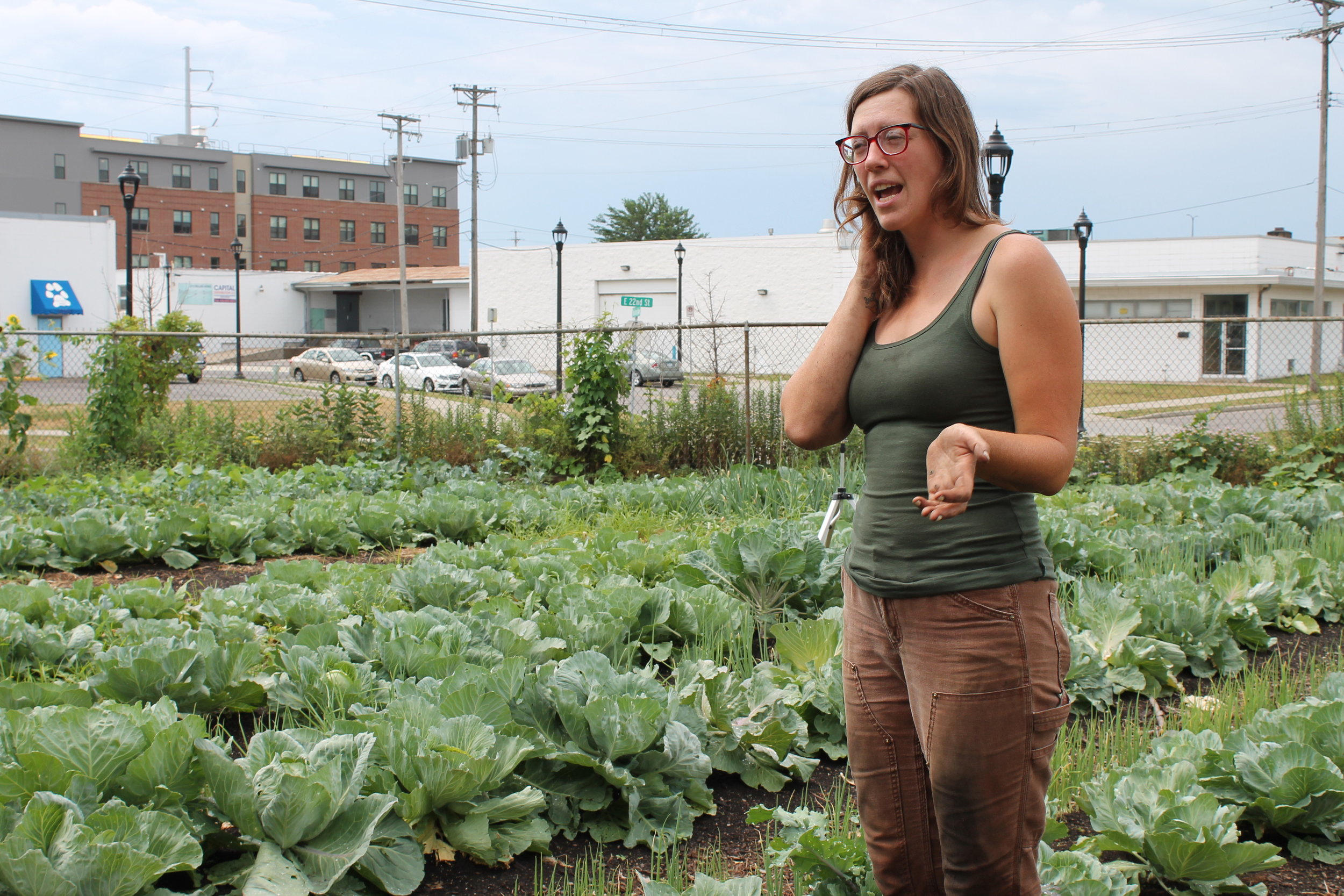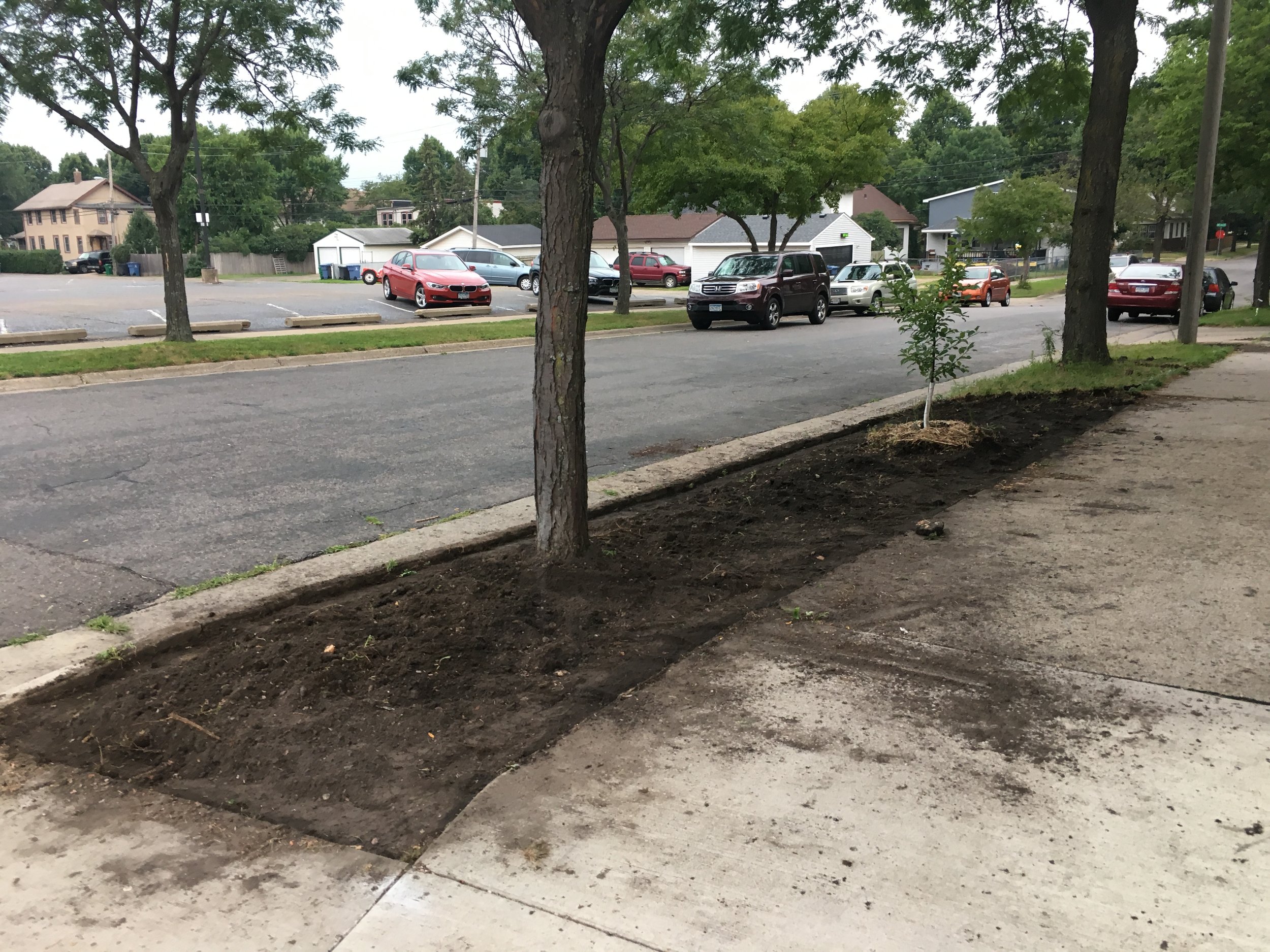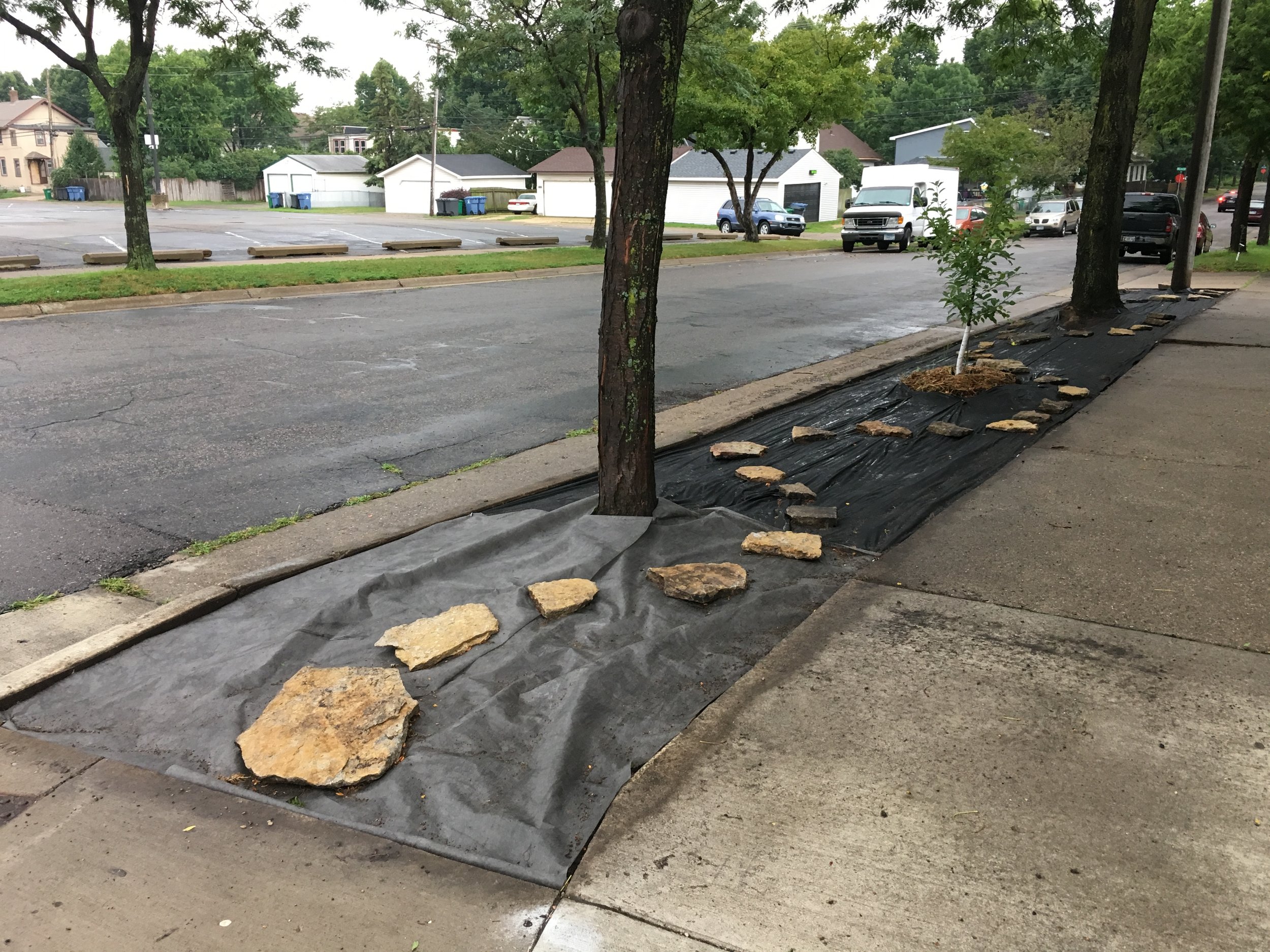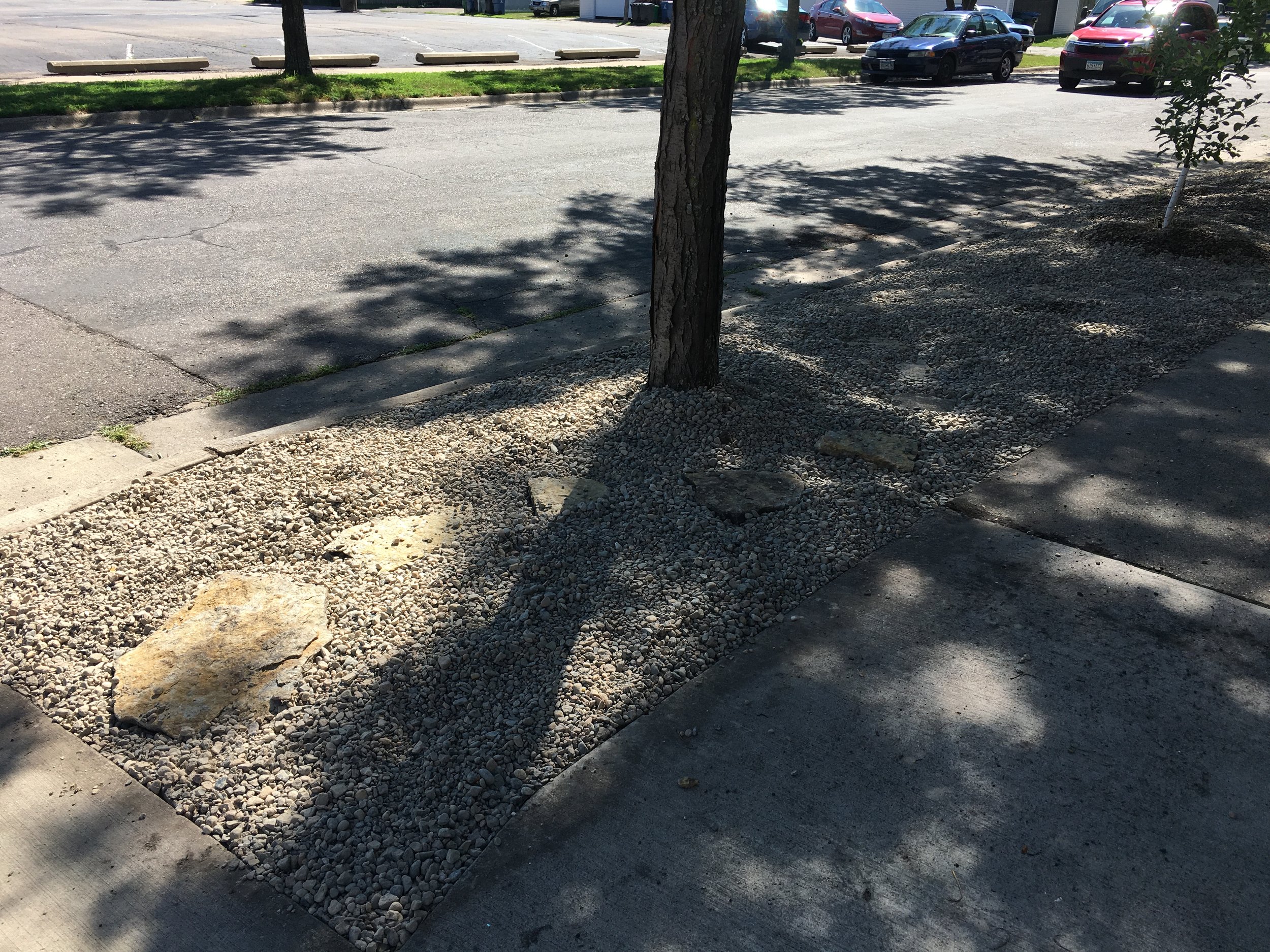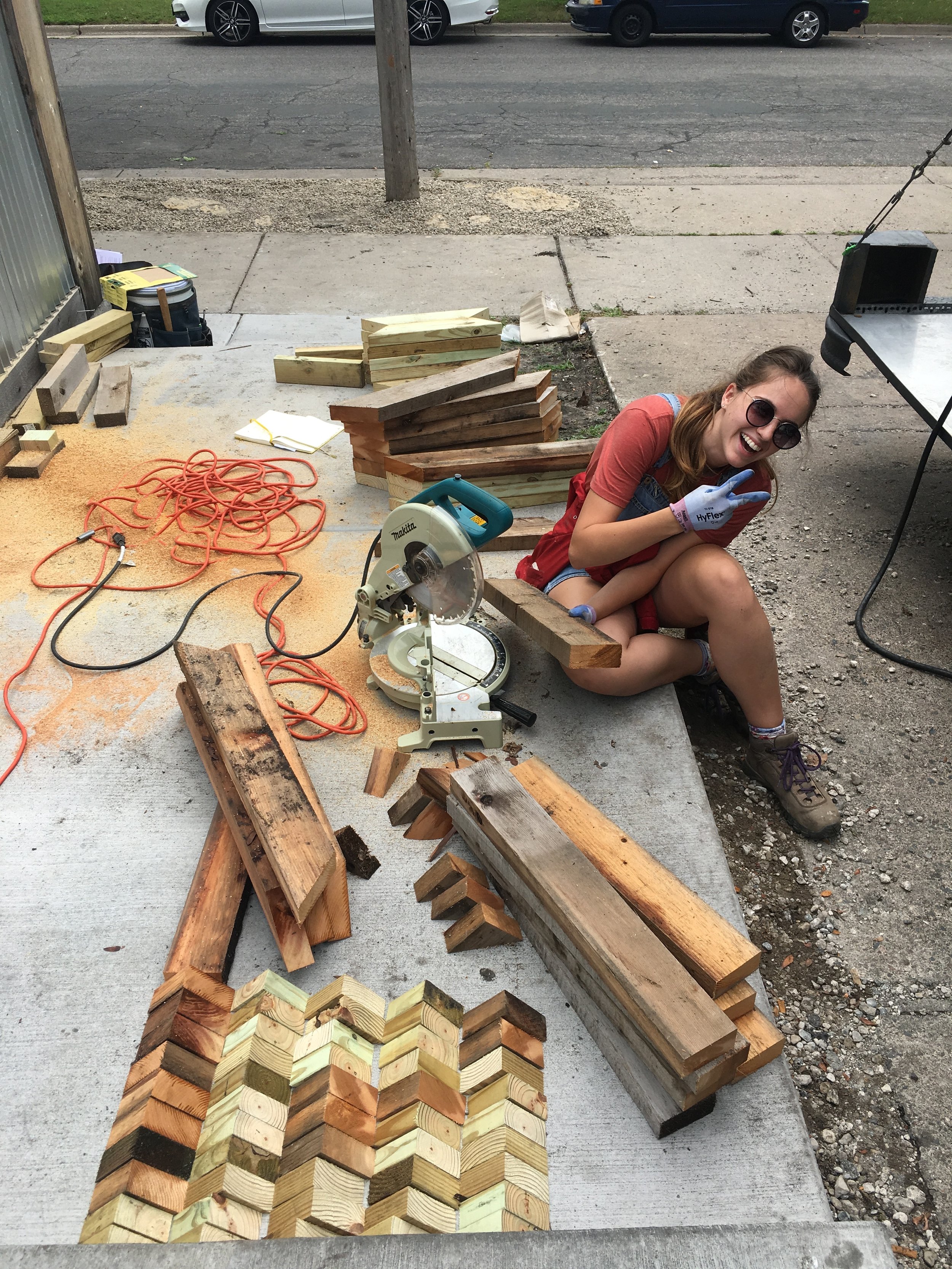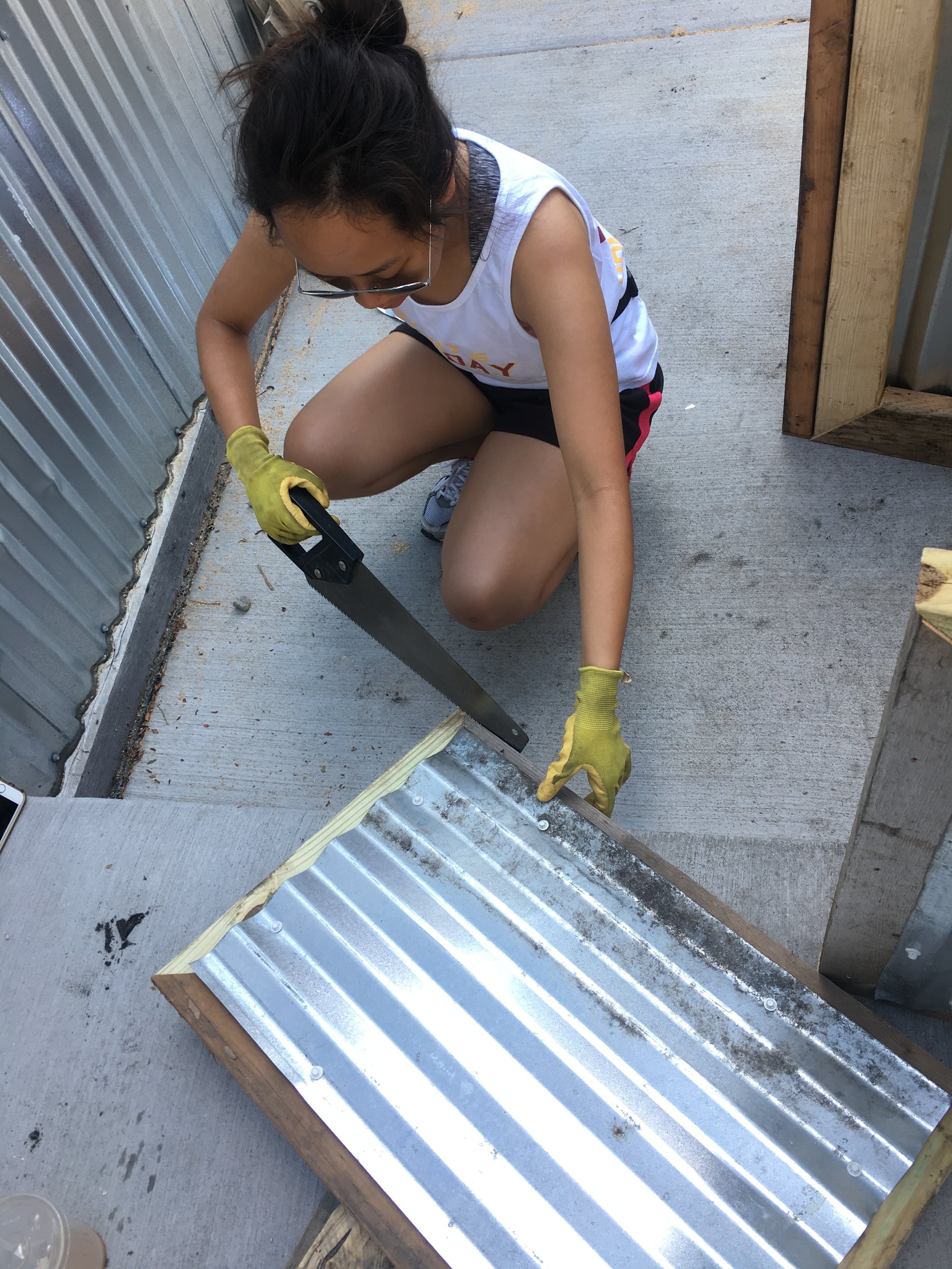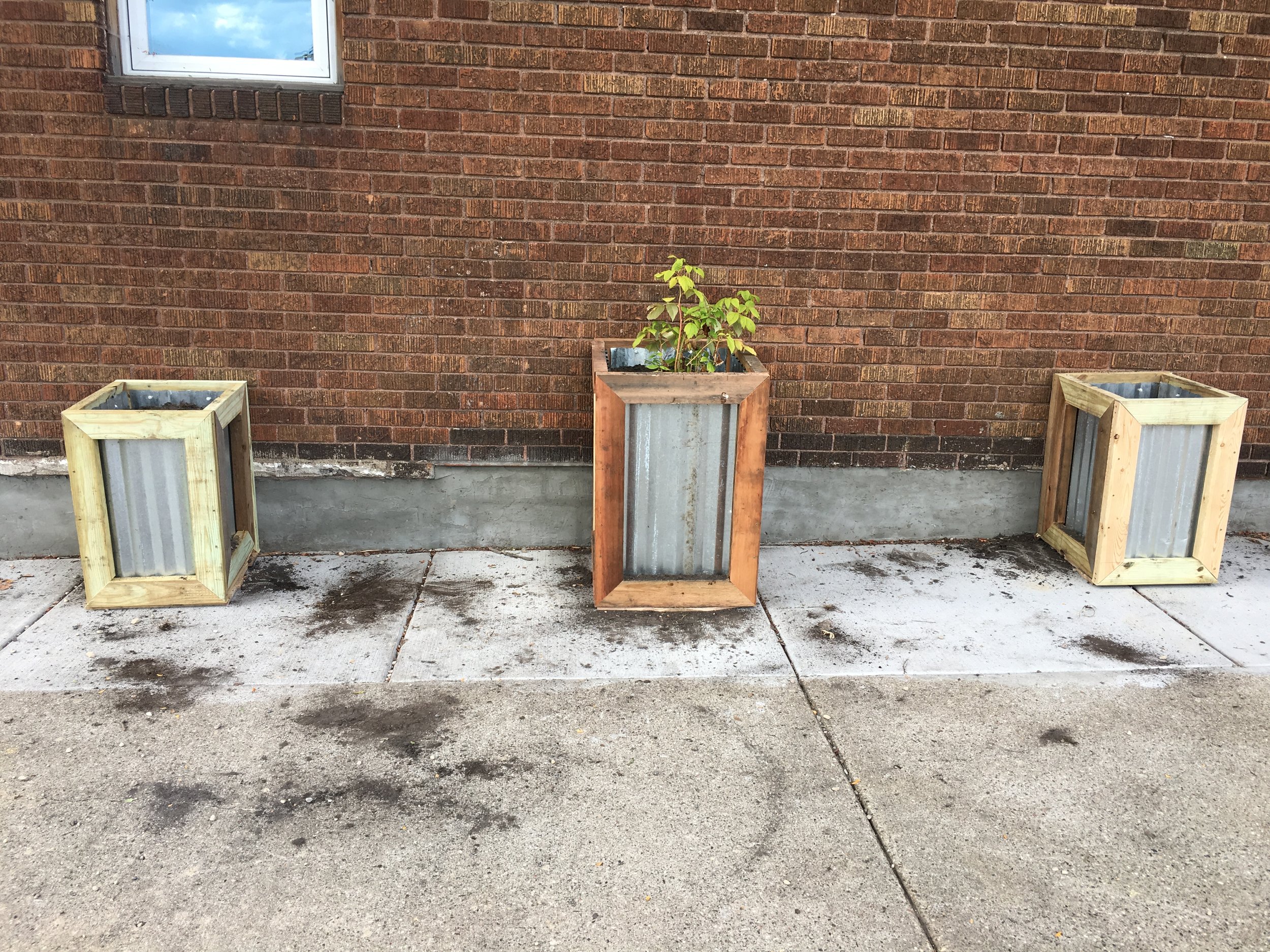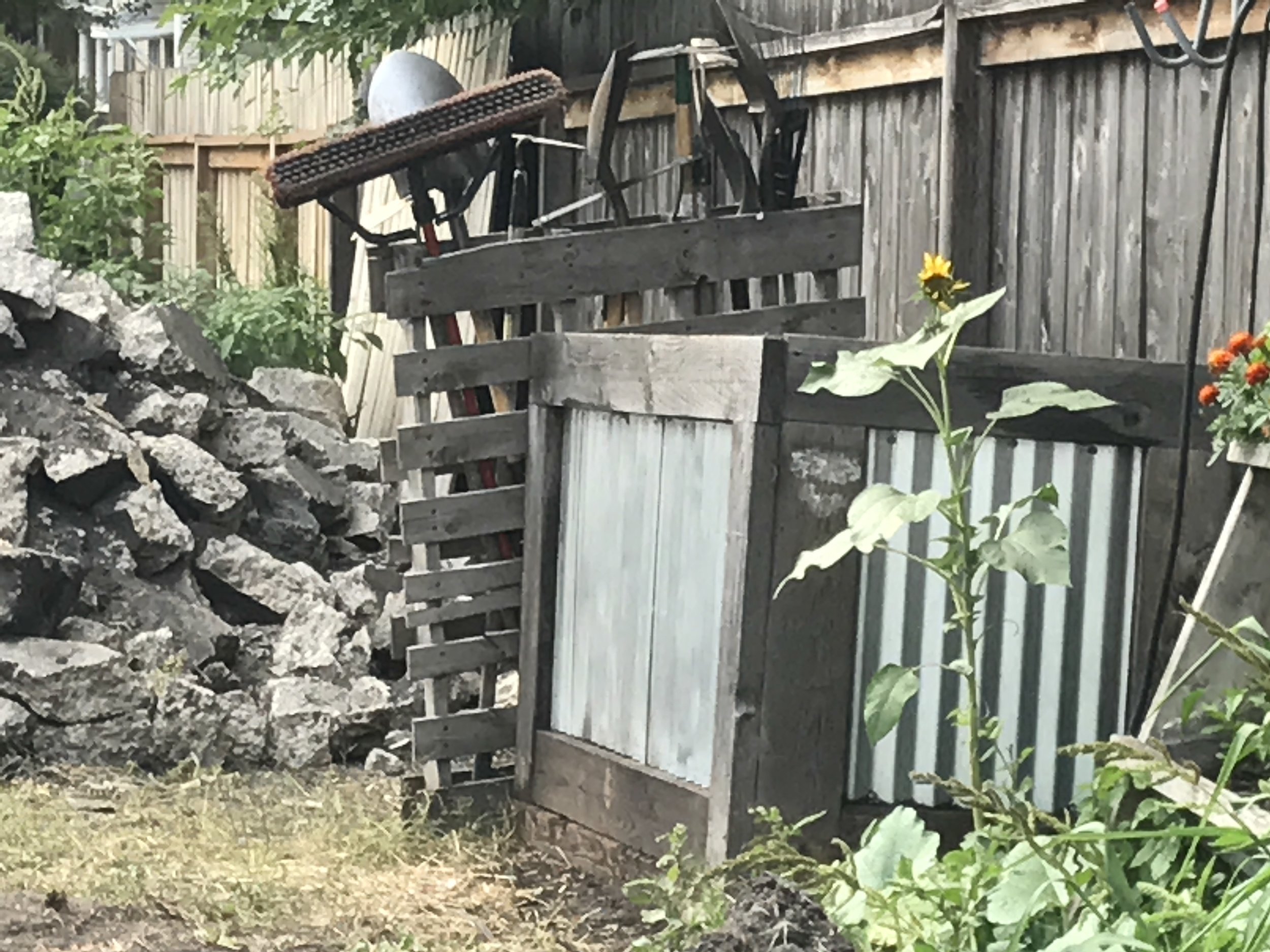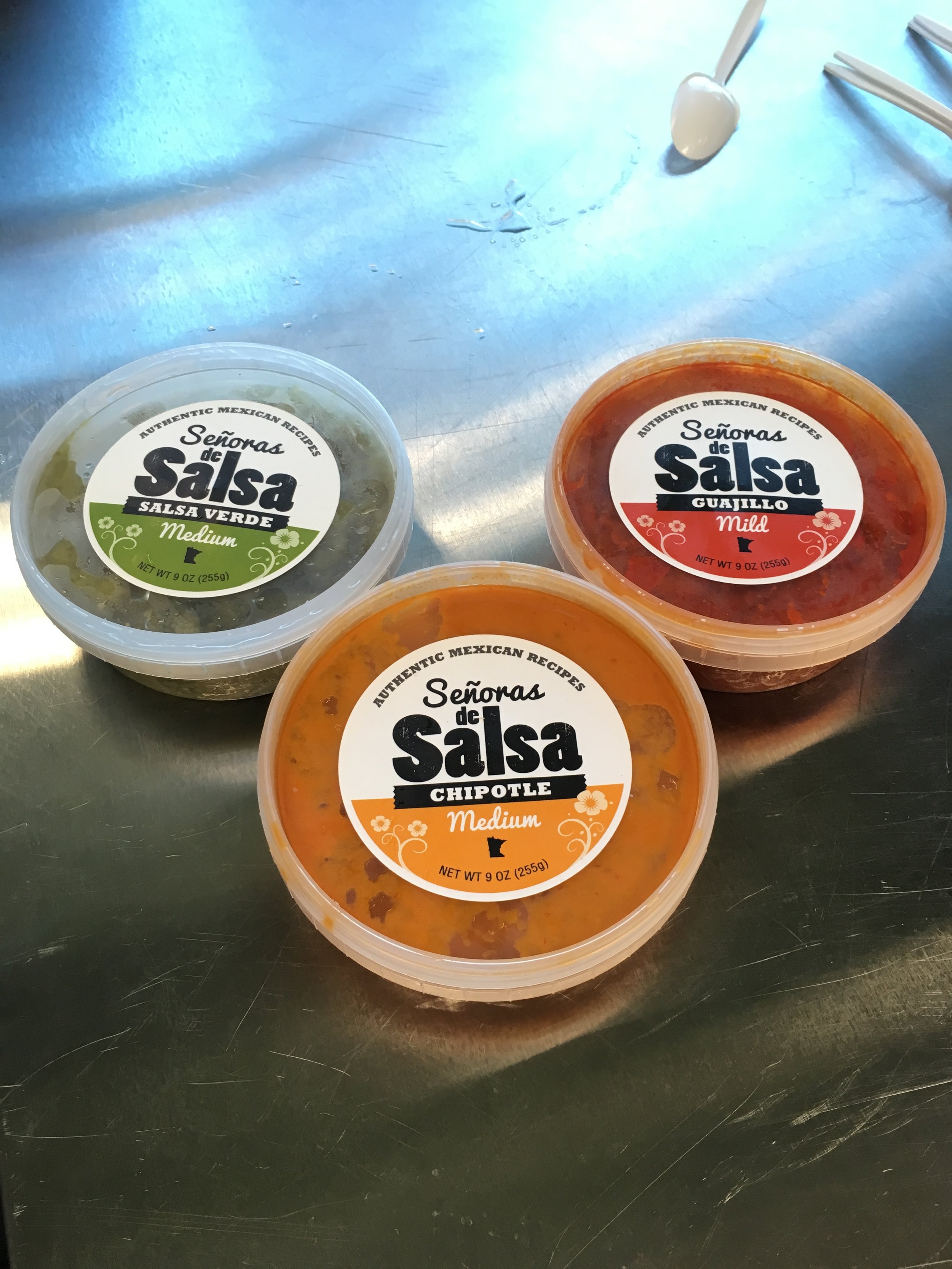Executive Director, Zach Robinson, shares his 2017 Summer Internship Retrospective:
On August 10 the Annual Spark-Y Summer Internship came to a close with our Open House, attended by 100+ supporters of our 2017 intern class, and our larger Spark-Y community.
This year we had 60+ applicants, all of whom interviewed for a spot on our 8 intern teams, 32 spots in total. Approximately half were undergrads and half were in high school, while the majority came from the Twin Cities. As in previous years, we had participants join Spark-Y from all over the globe!
Of the 8 projects – 4 were “internal” and 4 were “external” projects with community partners:
- Urban Ag Lab Marketing Team
- Urban Ag Lab Production Team
- Schools Squad maintenance Feat. Roosevelt High School + others
- Schools Squad maintenance Feat. Edison High School + Northeast Minneapolis community
- Gastro Truck Team
- Good Acre Maker Teams
- Holland Neighborhood Improvement Association Community Garden
- The Lube-Tech Waste Audit Team
HINT: Check out the Annual Internship page for links to intern blogs.
ABOUT OUR 2017 INTERNSHIP:
As you can see, the Spark-Y Summer Internship provides a real-world opportunity for high school and college youth to run sustainable entrepreneurial projects. This is a practical, broad, hands-on experience that is missing from so many education institutions right now. Each of the projects had an established budget, deadline, and general direction for its end goals which interns could then further define. Teams were empowered to chart their own course for project execution by creatively determining the specifics of how they would reach their goals. To help them on this journey, the teams were able to utilize specialized training from Spark-Y in the form of mentorship and assistance from experienced staff, board members, consultants, and even insight from outside partners and experts. Finally, each intern individually had a strict set of guidelines that would allow them to achieve the official Spark-Y Sustainability Certification, a professional accommodation that comes with the backing of our organization, a proficiency requirement, and a reference directly from the Executive Director upon request.
There was incredible excitement and energy through the entire internship this year, which lasted over an energy-packed 6 weeks. On Open House night, the general sentiment was: “Can we make this two weeks longer? We do not want this to be over!”
REFLECTIONS AS EXECUTIVE DIRECTOR
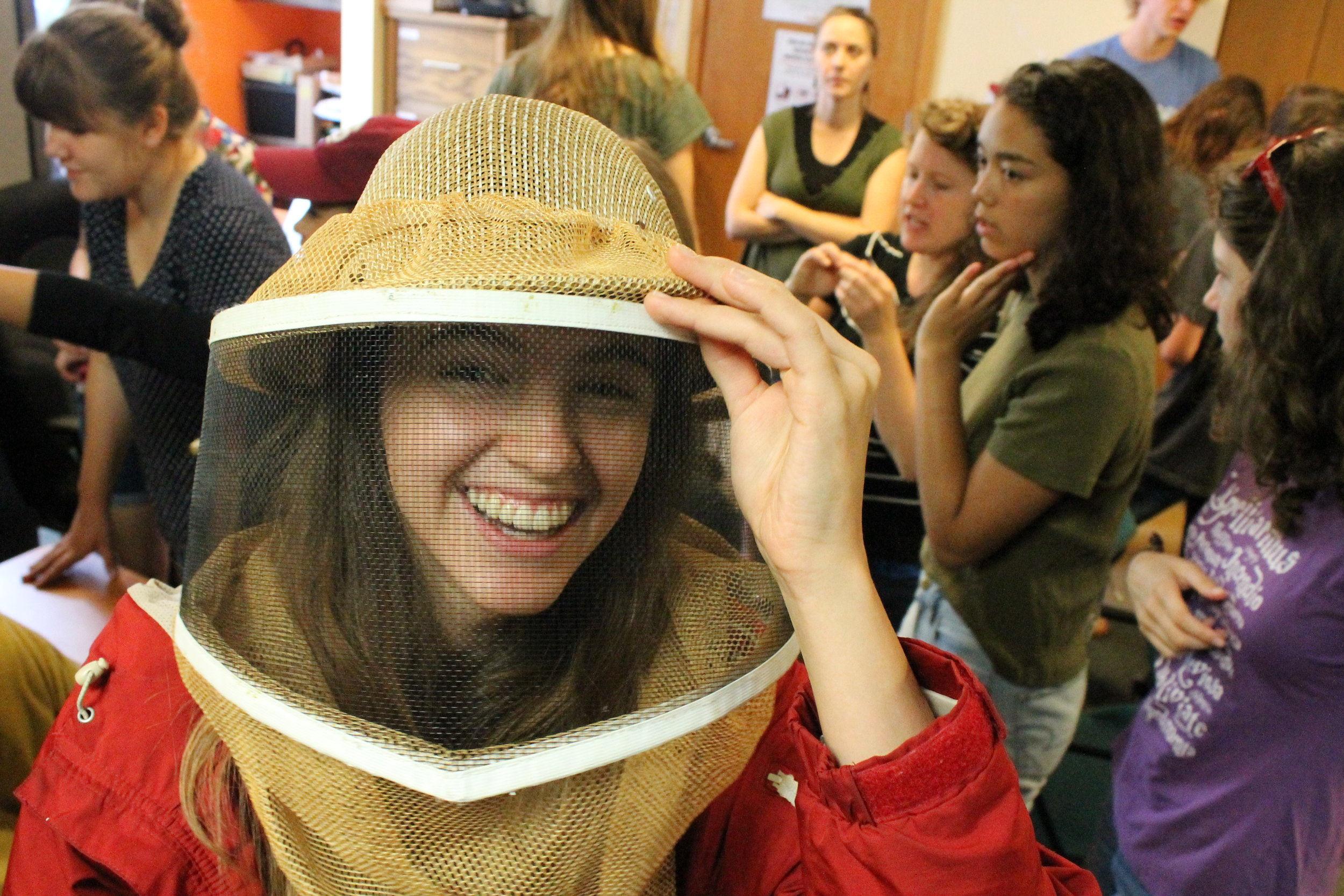
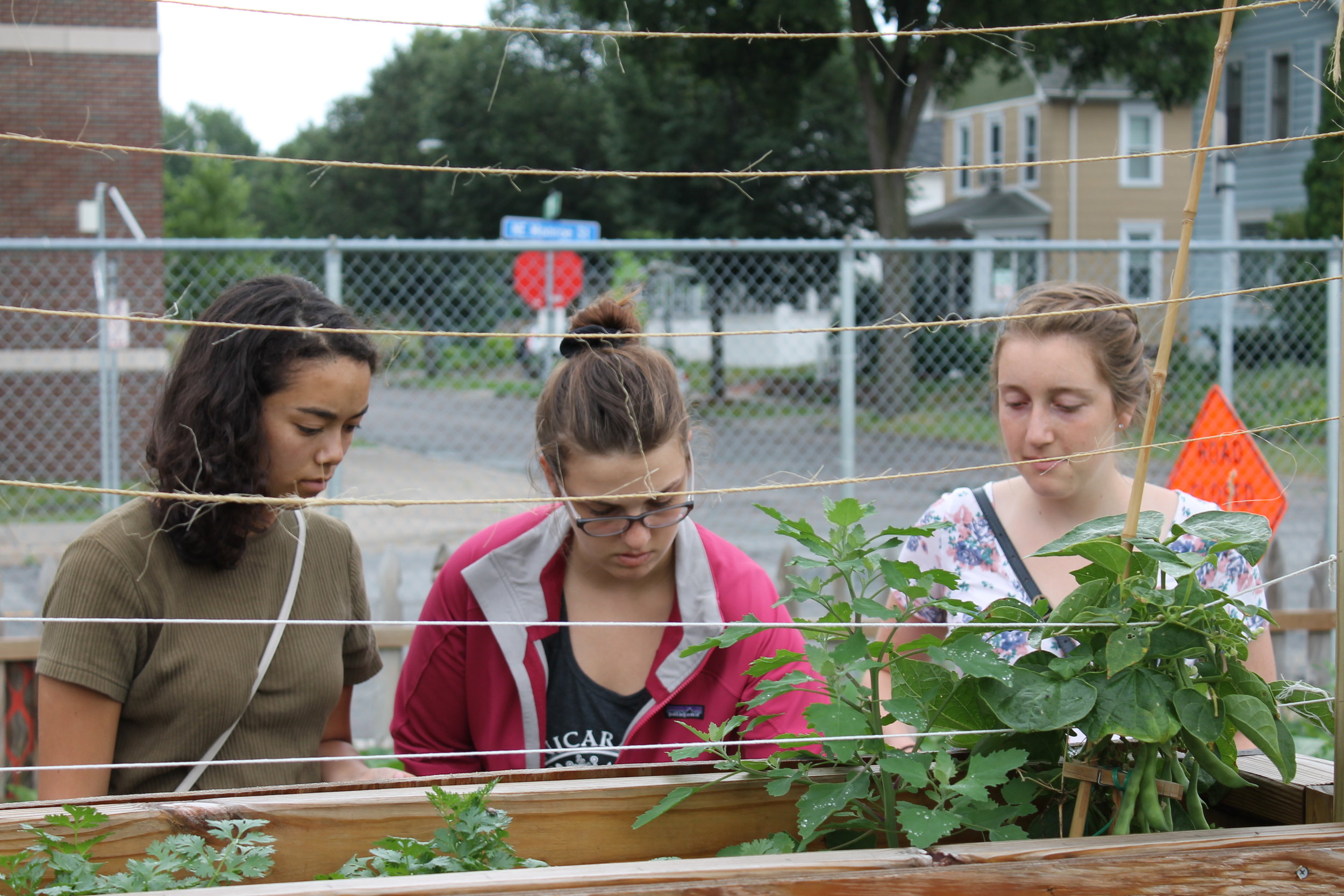
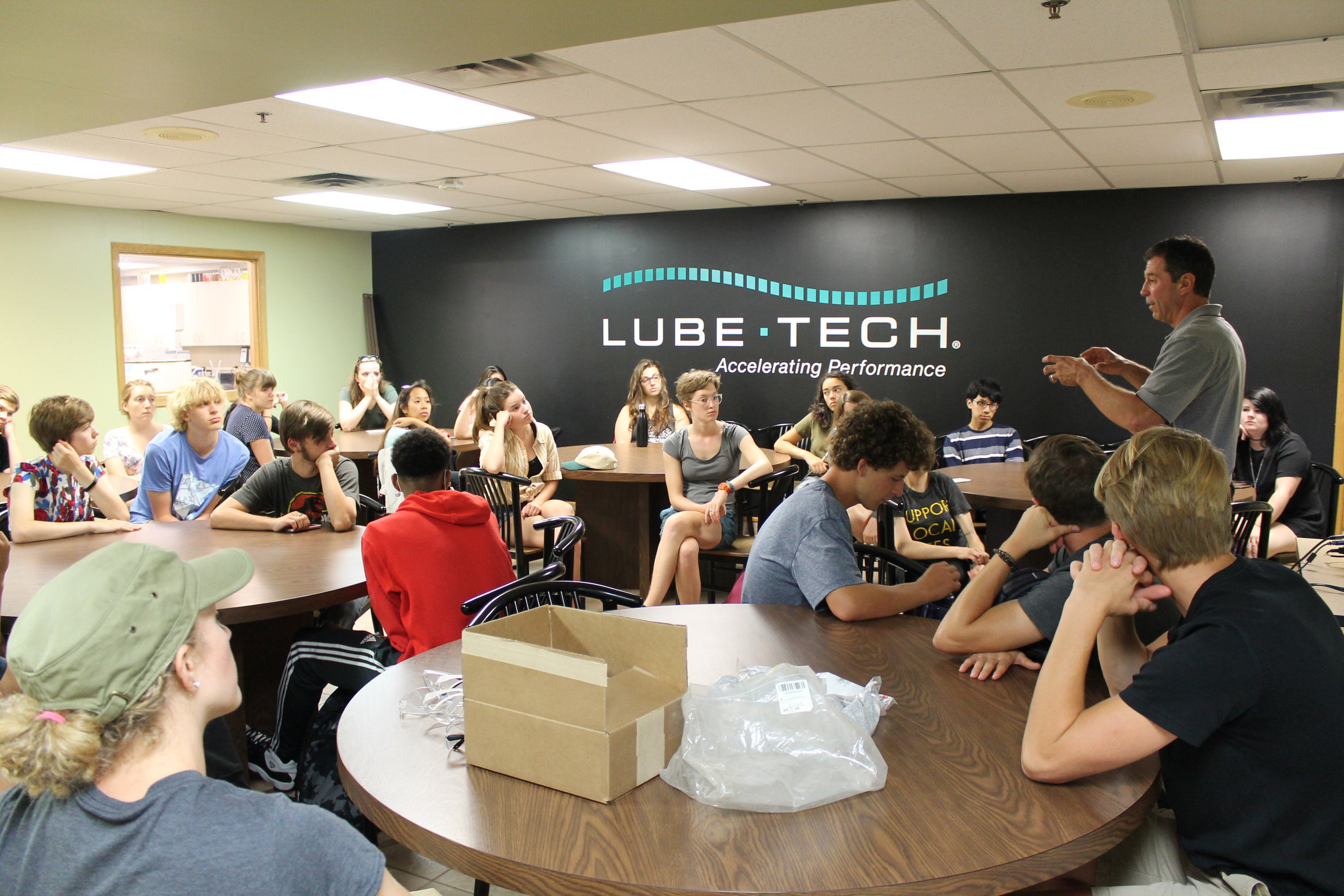
The passion, knowledge, and dedication of these interns really stuck out to me this year. A continued trend that I also noticed, is how a lack of direction and a high degree of autonomy required to execute a Spark-Y internship project is an intimidating barrier for many youth. I believe this is due to systemic failures in some of society's education institutions, in that memorization, standard testing, and a combination of non results-oriented education outcomes and scarce creative freedom in study does not prepare them for the “real world.” However, this is part of why Spark-Y exists and when that “boiling point” of creative freedom and required results within a professional setting is reached, our youth are accessing incredible innovation and solutions within themselves. The vast majority of our interns were able to meet their project goals AND obtain their certification at the Internship Open House award ceremony. Some of the interns earned special distinctions.. All interns were paid a $750 stipend for their experience over the 6 weeks, based on the value they created for each of our project partners. And how much sweeter a certification is when it is handed out along with their final $500 check?!
> For full list of our 2017 internship graduates and their distinctions: click here.
Being a Spark-Y intern is an meaningful professional experience and resume builder. However, much of the real value, as many of us know to be in true in our lives comes from a day-to-day transformative experience that provides new opportunities, challenges your comfort zone, and maybe even feels a bit scary. On top of putting the interns in the driver’s seat of a project, we encourage them to think about this experience as an analogy for their future, calling on each individual to step into the needed leadership for our economic and environmental future. It’s a lesson that I learned as the first employee of Spark-Y, and one that all of the staff at Spark-Y embodies. (over half of whom were also once interns).
Spark-Y will continue through our internships, our school partnerships and our Urban Agriculture Lab and more, empowering youth with real-world transformative education experiences that provide tangible value to our partners and the greater community. And in so doing, we will help passionate young people create the sustainable future that our world needs.
If you want to join our mission, please sign up for a mailing list and get involved!
-Zach, Executive Director
